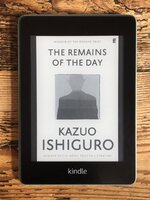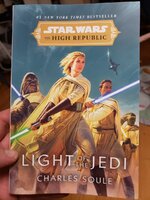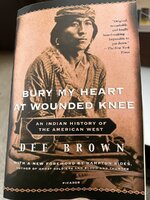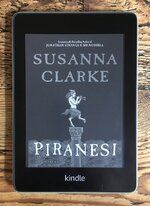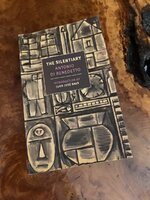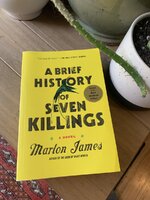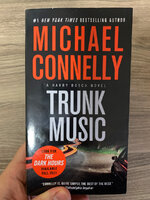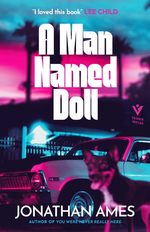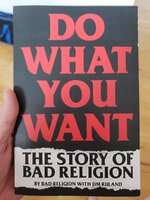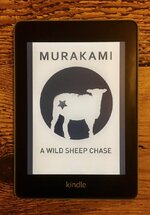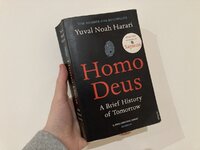Mr Moore
Well-Known Member
Book 13 - Great Circle - Maggie Shipstead
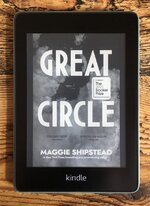
This was great, I've loved every page of it. It's 600pp so quite hefty and in the acknowledgments at the end, Shipstead thanks her editor for helping her rein this in from 1000pp which I think was for the better, the story felt complete and I never felt like there was any fat needed trimming at this length.
The story is of a fictional aviator trying against all odds to blaze a trail and circumnavigate the globe taking in both poles. Her story and the people's closest to her unfold throughout the 20th century and we witness the amazing advances that century saw in spite of or perhaps because of two major wars.
Our protagonist struggles against near infant death, sexism, gender expectations, spousal abuse and rape but never loses focus of her desire to fly. She's a wonderful, complete character including many of her own flaws.
Interspersed throughout the main narrative is a second story set in contemporary L.A. of an actor set to play our historical aviatrix in a biopic. She too struggles against the male dominated world showing us how little has changed in the past century for professional women.
Beautifully written and seemingly rigorously researched it reads at a clip, and although it's taken me a little longer to get through than I expected due to being a bit busier than usual this last fortnight, I've always looked forward to picking it up again.

This was great, I've loved every page of it. It's 600pp so quite hefty and in the acknowledgments at the end, Shipstead thanks her editor for helping her rein this in from 1000pp which I think was for the better, the story felt complete and I never felt like there was any fat needed trimming at this length.
The story is of a fictional aviator trying against all odds to blaze a trail and circumnavigate the globe taking in both poles. Her story and the people's closest to her unfold throughout the 20th century and we witness the amazing advances that century saw in spite of or perhaps because of two major wars.
Our protagonist struggles against near infant death, sexism, gender expectations, spousal abuse and rape but never loses focus of her desire to fly. She's a wonderful, complete character including many of her own flaws.
Interspersed throughout the main narrative is a second story set in contemporary L.A. of an actor set to play our historical aviatrix in a biopic. She too struggles against the male dominated world showing us how little has changed in the past century for professional women.
Beautifully written and seemingly rigorously researched it reads at a clip, and although it's taken me a little longer to get through than I expected due to being a bit busier than usual this last fortnight, I've always looked forward to picking it up again.
Last edited:
